
How to Become a Horse Trainer. Being a horse trainer is rewarding, but it's also dangerous and time-consuming. You'll probably start off as an assistant to an established trainer. You'll begin by taking care of the horses, grooming, exercising and saddling; riding will come later, when you've proven your skills.
Get as much experience as you can in the different areas of working with horses - starting (teaching a horse the basics), breaking (or gentling), breaking bad habits, and finishing.
Learn as much as you can about horses. You'll need to have in-depth knowledge of equine health, psychology and personality.
Ride, ride, ride. Ride as many different horses as you can: all types, all ages, all levels and all events.
Prepare to be hurt. It's hard to find a trainer who hasn't been kicked, stepped on, thrown or bitten. Working with horses is dangerous, even as a hobby.
Spend as much time as you can with horses. The more experience you have, the better you'll be.
Decide what type of horse training you want to specialize in: starting, rehabilitation (getting rid of bad habits), general all-purpose training, or specializing in one or several events.
Try to develop a strong show record in the area that you want to specialize in; this will help attract potential clients.
Be passionate about your career. If your heart isn't in it, the horses and the owners will sense it.
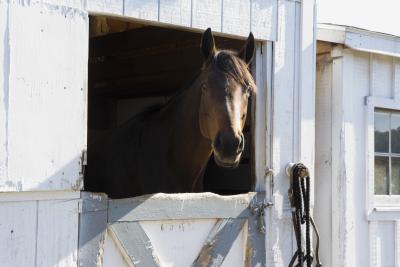 Ideas for Nice Horse Stalls
Ideas for Nice Horse Stalls
Ideas for
Ideas for Nice Horse Stalls
Ideas for Nice Horse Stalls
Ideas for
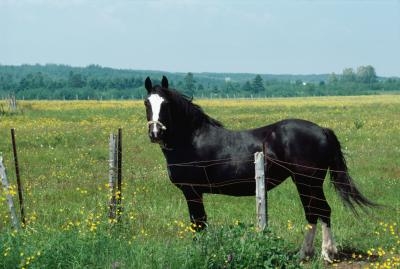 How to Fatten Up a Horse Fast
How to Fatten Up a Horse Fast
How to F
How to Fatten Up a Horse Fast
How to Fatten Up a Horse Fast
How to F
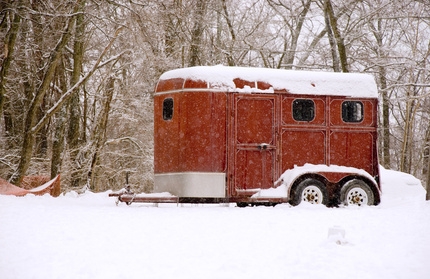 How to Establish the Value of a Horse Trailer
How to Establish the Value of a Horse Trailer
How to Establish the Value of a Horse Trailer
How to Establish the Value of a Horse Trailer
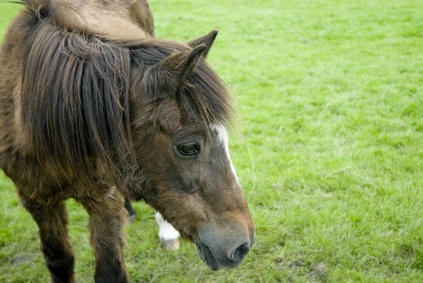 How to Put Weight on an Old Horse
How to Put Weight on an Old Horse
How
How to Put Weight on an Old Horse
How to Put Weight on an Old Horse
How
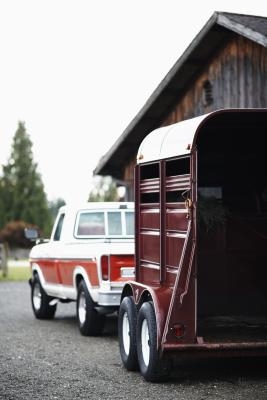 How to Finish a Horse Trailer Living Quarter
How to Finish a Horse Trailer Living Quarter
How to Finish a Horse Trailer Living Quarter
How to Finish a Horse Trailer Living Quarter
Copyright © 2005-2016 Pet Information All Rights Reserved
Contact us: www162date@outlook.com